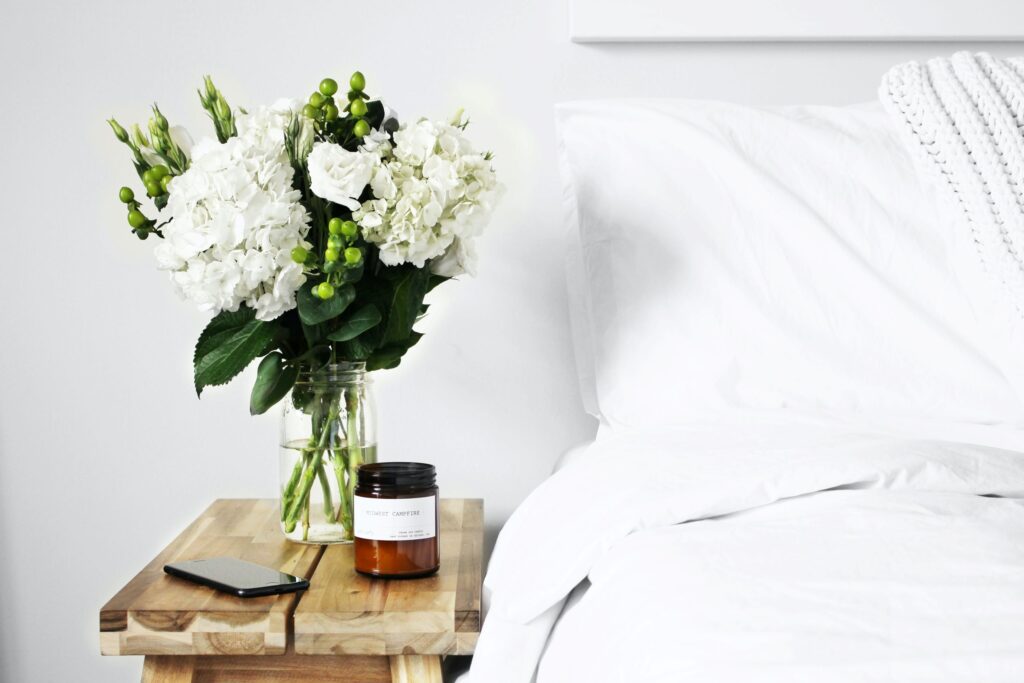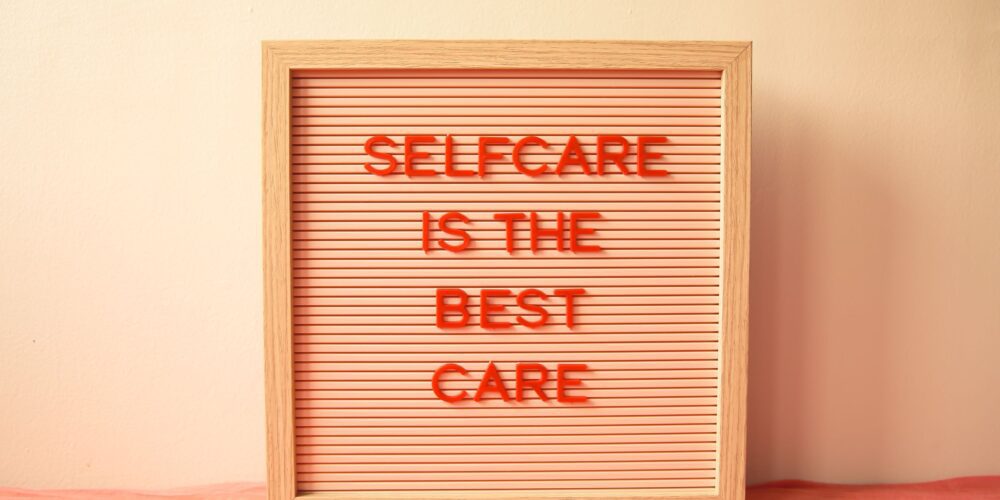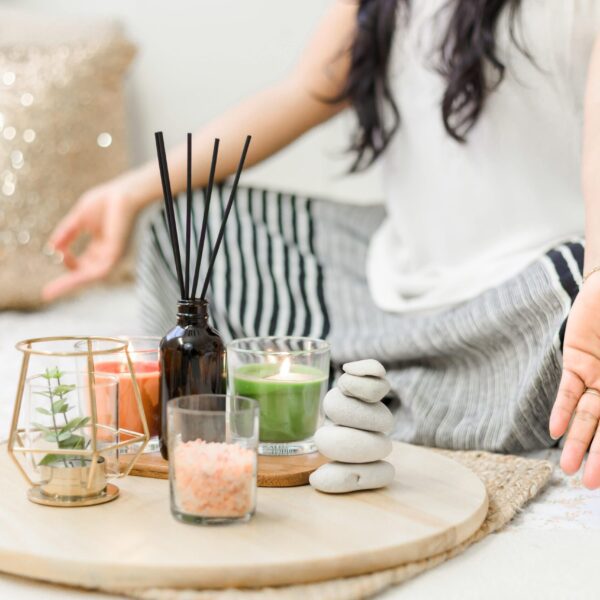According to Moore’s law, the number of transistors on a microchip will double every two years.
If you’re hearing it for the first time, don’t worry, let me explain why you need to know about this random law by this random person. Gordon E. Moore was the founder of Intel Corporation and made this observation in 1965 which later became Moore’s law.
This means that our computers’ speed and capability will increase every two years and yet the price will come down. Surprising, isn’t it? But it’s true. If you remember old times, a few MB memory cards cost a few bucks. Now you can get more than 100x capacity at the same price.
So clearly, technology is growing at a very rapid pace and so is everything else. Since technology is used in every aspect of our lives to make things easier, it has given birth to new types of jobs and replaced old jobs.
While people a few decades back were more engaged in field jobs, most of them are now confined to a computer screen.
Our lifestyle has changed drastically in the past few decades and it is all because of the sudden advancements in technology. We humans are emotional beings and we are having a hard time coping at this pace.
While our jobs have become relatively easier and more comfortable, our lifestyle has become fast-paced and hectic.
Our grandparents and the generations before used to lead a lifestyle that included meaningful social connections, wholesome homecooked meals from locally sourced ingredients, and regular physical activities in terms of outdoor sports and outdoor activities.
We, on the other hand, lead a lifestyle where we spend most of our time in the virtual world of social media, eat food that has either come from a supermarket shelf or a fast-food joint and play computer games instead of outdoor activities and sports.
If you want to learn more about how our lifestyle has changed over the past century or so, then we encourage you to read our blog on Humans Today vs. Humans a 100 Years Ago where we’ve talked about how technology has impacted our lifestyle over the years.

We have now entered the AI age where virtual intelligence is smart enough to answer most of our questions and can help us in doing most of our online work.
Just like the time when we shifted from the analog to the digital era, this shift is also going to be both sweet and sour.
Some of the existing jobs will be replaced by AI and some new jobs will be created which will require even more time and effort to stay relevant.
Everything will advance at a much faster pace. And it will become harder for us to cope with the added stress and the hectic pace of life.
Since we’ve entered the digital era, we’ve seen a sudden rise in mental and physical health problems that were not that prevalent in earlier times. And with this new AI age, they are expected to rise even more.
While the recent AI technology will help us find a cure for most health-related problems, mental health problems will persist and it will take us some time before we understand our minds.
So, there’s a strong need for all of us to realize that there is nothing in life without good health and while we all want to do good in life and become a better version of ourselves every day, it’s equally important to take care of ourselves in the times we’re living in today.
This blog is the first of a 4-part series where we’ll learn about self-care and its different dimensions. Hopefully, by the time you’ve read all of them, you’ll have a clear understanding of what is self-care, why you need it, and how you can take care of the different aspects of your existence to lead a happy and fulfilling life.
Table of Contents
What Is Self-Care?
The term “self-care” is pretty much self-explanatory but let’s take a look at the official definition given by the World Health Organization which defines self-care as “the ability of individuals, families and communities to promote health, prevent disease, maintain health, and cope with illness and disability with or without the support of a health worker.”
What this means is that self-care is an intentional and conscious act of taking care of yourself and managing the stressors in your life.
It’s not a one-size-fits-all concept but a broad spectrum of activities, habits, and actions that are tailored to the individual needs of your mind, body, and emotions.
I can understand if you picture spa and luxurious treats when you hear self-care but it extends far beyond that stereotypical image.
Self-care in today’s world is about having a holistic approach to cultivating a mindset and lifestyle that prioritizes your overall health and nourishes every facet of your existence.
It includes recognizing when you need rest, setting boundaries, maintaining healthy relationships, and fostering a positive relationship with yourself. It’s about making sure that your mental, physical, and emotional health are equally tended to.
One of the pillars of self-care, according to the International Self-care Foundation, is health literacy. It includes processing and understanding basic health-related information and services so you can make the appropriate health-related decisions.
Why Is Self-Care So Important for Your Well-Being?
As discussed in the introduction, our lives have become so fast-paced and hectic that our health has taken a backseat.
We strive to be successful and get ahead of everyone in life but we forget about the most basic aspect of our existence, our health.
The COVID-19 pandemic happened at such a large scale, it made us take a pause and think about what’s important in life. So many people left their jobs to pursue their passion. So many moved away from the fast-paced life of the cities.
In some ways, mental health problems today are bigger than the COVID-19 pandemic we’re facing as a species, but they are not as “visible”, for the lack of a better word. If you think about it, almost everyone is facing mental health problems at different scales.
You would be surprised to know so many people are victims of mental health stigma in different parts of the world. So many people don’t acknowledge mental health problems, and so many of them don’t even consider them as problems. We’re living in a complicated and cruel world.
And in our relentless pursuit of daily responsibilities and success, we’re neglecting our health which is leading to excess stress, anxiety, and burnout. When we do this for a longer period, it can lead to serious health problems such as depression.
Stress and burnout directly impact our cognitive abilities and our productivity. If you don’t manage stress effectively and leave it unchecked, it can manifest in different forms, physically, mentally, and emotionally.
So there is a strong need for all of us to be proactive and take care of our mind and body regularly. That’s when self-care comes in because when you integrate self-care activities into your daily routine, you’re creating a buffer against the negative impacts of stress.
Self-care is more like a preventive measure that empowers you to navigate the complexities and challenges of life with ease. It gives you the necessary tools and support to nurture your overall well-being.
While self-care may have been a luxury in earlier times, it is a necessity in today’s world for sustaining a balanced and fulfilling life. Think of it this way, when you’re driving long distances, do you keep going 100 km an hour the entire journey without any breaks? Probably not.
Instead, you’d pause every few hours to stretch your legs, cool down your car, attend to personal needs, and grab a bite to eat. Otherwise, your car is going to break down from continuous running at high speed and your body will inevitably start to feel the strain.
Life is a very long journey and if you keep going 100 km per hour, it will eventually take its toll on your mind and body. So self-care is like taking those necessary pit stops to take care of yourself and prepare for the journey ahead.
What Are the Different Types of Self-Care?
If you’ve read our blog on understanding wellness, you would know that there are multiple aspects of our being and it’s important we take of all those aspects. Let’s briefly take a look at these different aspects.
1. Physical Self-Care
As the name suggests, physical self-care includes caring for your physical body so that it works efficiently. Your mind and body are intertwined with each other and if you take care of your body, you’ll feel better in your mind as well.
The three pillars of physical self-care are:
- Wholesome nutrition-dense fresh food
- At least 30-min or more of physical activity every day
- Good quality sleep
Apart from these three most important things, you should also get yourself checked at regular intervals to make sure that all the vitals of the body are in check. Consult with a general physician and if required, take proper medication to make sure that your physical health is well taken care of.
2. Mental Self-Care
Mental self-care is an absolute necessity in today’s world for each one of us. It’s about taking care of your mind, nurturing your thoughts, managing stress effectively, and maintaining a positive mental state so that you can think clearly and make decisions to the best of your abilities.
It’s about giving the same amount of attention to your mind as you would give to your body. The key components of mental self-care include practicing mindfulness and finding ways to manage stress effectively.
3. Emotional Self-Care
Emotional self-care centers around understanding and tending to your emotions. It involves recognizing and expressing your feelings in a healthy way, building emotional resilience, and fostering positive relationships.
This dimension is like the heart of your well-being, where the connections you have with yourself and others contribute to a more emotionally balanced life.
4. Social Self-Care
Social self-care is about nurturing healthy relationships and setting boundaries. It’s about surrounding yourself with positive people who are your honest supporters, connecting with others in a meaningful way, and creating a supportive and healthy social network.
Our surroundings have a very profound impact on our well-being and this dimension acknowledges the impact of relationships and social connections on our overall well-being.
What Counts as Self-Care, and What Doesn’t?
Since self-care is the new trendy word these days, there are a lot of misconceptions about self-care so it’s important to debunk some myths and clear the air about self-care. Oh! That rhymed.
Common Misconceptions
Firstly, let’s debunk a few myths. Self-care is not selfish. It’s not a luxury reserved for the well-off or those with abundant free time. It’s not about neglecting responsibilities or avoiding challenges.
In fact, self-care is a fundamental aspect of maintaining a healthy and balanced life. It’s not an escape from reality but a way to navigate it more effectively.
The Self-Comfort Trap
One of the most common misconceptions about self-care is confusing it with self-comfort. While self-comfort might provide immediate relief or pleasure, it often leads to long-term harm. It can lead to addictive habits and selfish behaviors.
For example, some people consider having a burger and fries every day as self-care. Or enjoying a few drinks every day to release the daily tension as a part of self-care.
All this might make you feel good temporarily or can act as a momentary escape from the daily tension, these activities don’t contribute to your overall well-being and don’t address the root cause of stress.
In the long run, these habits can make you dependent and negatively impact your physical and mental health.
What Doesn’t Count as Self-Care:
- Avoidance: Ignoring responsibilities or challenges instead of addressing them.
- Excessive Work: Working long hours without breaks or sacrificing personal time consistently.
- Unhealthy Habits: Engaging in behaviors that harm your body, such as excessive drinking or smoking.
- Negative Relationships: Remaining in toxic or draining relationships that deplete rather than nourish.
- Overcommitting: Taking on more than you can handle, leading to stress and burnout.
- Seeking Comfort: Confusing self-comfort with self-care, which can lead to addictive behaviors and selfish habits.
What Counts as Self-Care
Self-care is not just about spa days and bubble baths, although those can be delightful. It is about intentionally meeting your needs in a way that enhances your overall well-being. So, what counts as self-care? Let’s take a look:
- Mindful Breaks
- Quality Sleep
- Healthy Nutrition
- Physical Activity
- Personal Hobbies
- Social Connections
- Setting Boundaries
- Self-Reflection
Self-care is about intentionally meeting your physical, mental, and emotional needs. It’s a holistic approach to well-being that prioritizes balance and sustainable habits. Rather than focusing on specific activities, self-care stresses the importance of regular practices that contribute positively to your overall health.
How Self-Care Benefits Your Health and Well-Being?
By now, you likely have a pretty good idea about the positive effects of self-care on your overall health, let’s take a closer look at the different ways in which self-care can benefit you.
Positive Effects on Mental Health
Self-care is one of the most effective things when it comes to mental health. Timely self-care activities can help you manage stress, reduce anxiety, prevent burnout, and improve your mood.
Regular self-care practices such as mindfulness and intentional breaks provide your mind with the time and space it needs to reset and rejuvenate itself and get ready for the path ahead.
Positive Effects on Physical Health
Practicing self-care has a lot of benefits for your physical health like a healthier body, strong immune system, and an increase in overall energy levels. Getting enough high-quality sleep, eating wholesome and nutritious food, and regular physical activity are all part of the self-care toolkit for your physical health.
But understand that self-care is not about a strict diet or extreme workouts, it’s about paying attention to your body and giving it the care it needs.
Contribution to Resilience
Self-care is not just a short-term fix, but rather a long-term investment in your resilience. When you consistently take care of your mental and physical well-being, you build a sturdy foundation that helps you bounce back from life’s inevitable challenges.
How to Start a Self-Care Routine?
1. Start Small
Start with small and manageable steps. You don’t need a complete overhaul—small changes can make a significant impact. Maybe it’s a five-minute mindfulness session or a short walk during lunch.
2. Identify Your Needs
Make a list of the things you do every day and the activities you engage in. Reflect on those things and activities and identify which of these are the major contributors to your daily stress. Find different ways to address that stress and tailor your self-care routine to address these specific needs.
3. Explore Various Activities
Self-care is diverse—try and identify different activities that resonate with you and help you feel better in these different aspects of life. It could be reading, journaling, taking a bubble bath, or practicing a hobby. The goal is to discover what brings you joy and relaxation without having any negative effect on your health and well-being.
4. Schedule Regular Time
Treat self-care as an appointment. Set aside dedicated time in your schedule, just as you would for any other important commitment. Consistency is the key to success.
5. Mix Instant Gratification with Long-Term Benefits
Include activities that offer both immediate and lasting rewards. While a quick cup of tea can provide instant comfort, regular exercise contributes to long-term physical well-being.
Step-by-Step Guide for Creating Your Self-Care Routine
Step 1: Self-Reflection
Take a moment to identify your current stressors, challenges, and areas of your life that may need more attention.
Step 2: Define Your Self-Care Goals
Establish clear goals for your self-care routine. What do you want to achieve? Whether it’s reducing stress, improving sleep, or fostering emotional resilience, having specific objectives will guide your routine.
Step 3: Identify Activities
Based on your goals, list activities that align with your needs. Ensure a mix of activities catering to different aspects of well-being—mental, physical, emotional, and even social.
Step 4: Create a Realistic Schedule
Develop a schedule that accommodates your routine. Start with a realistic time commitment, gradually expanding as you become more comfortable with your self-care practices.
Step 5: Prioritize Consistency
Consistency is the secret sauce. Stick to your schedule even on busy days. Small, regular doses of self-care often yield more significant results than occasional, intense sessions.
Step 6: Evaluate and Adjust
Regularly assess how your routine is working for you. Be flexible and adjust activities or schedules if needed. Self-care is about adapting to your evolving needs.
Wrapping Up!
We’ve taken a deep dive into the world of self-care and explored its different layers. We debunked the myths about self-care and explored the positive impact it has on your mental and physical well-being. I strongly hope that by now you have a complete understanding of what is self-care and why is it so important in today’s world.
In the end, I want you to remember that self-care is not a luxury but a necessity. The kind of lifestyle we’re leading today requires intentional moments for yourself. Listen to your body and take the necessary steps that contribute to your overall well-being.
It’s not about perfection, but about balance. Your self-care routine doesn’t have to be grand or time-consuming. Start small, be consistent, and let it evolve with you. Self-care is a journey, not a destination. And while you’re on this journey, you’ll learn what’s best for you.
So, it’s time to put these insights into action. Identify your self-care needs, set realistic goals, and integrate self-care activities into your daily routines.
Your well-being matters, and by prioritizing self-care, you’re investing in a happier, healthier version of yourself. Cheers to your self-care journey, a path filled with small, meaningful moments that lead to significant positive changes. Keep caring for yourself, and may your journey be full of joy, balance, and well-being. Namaste!







Leave a Reply